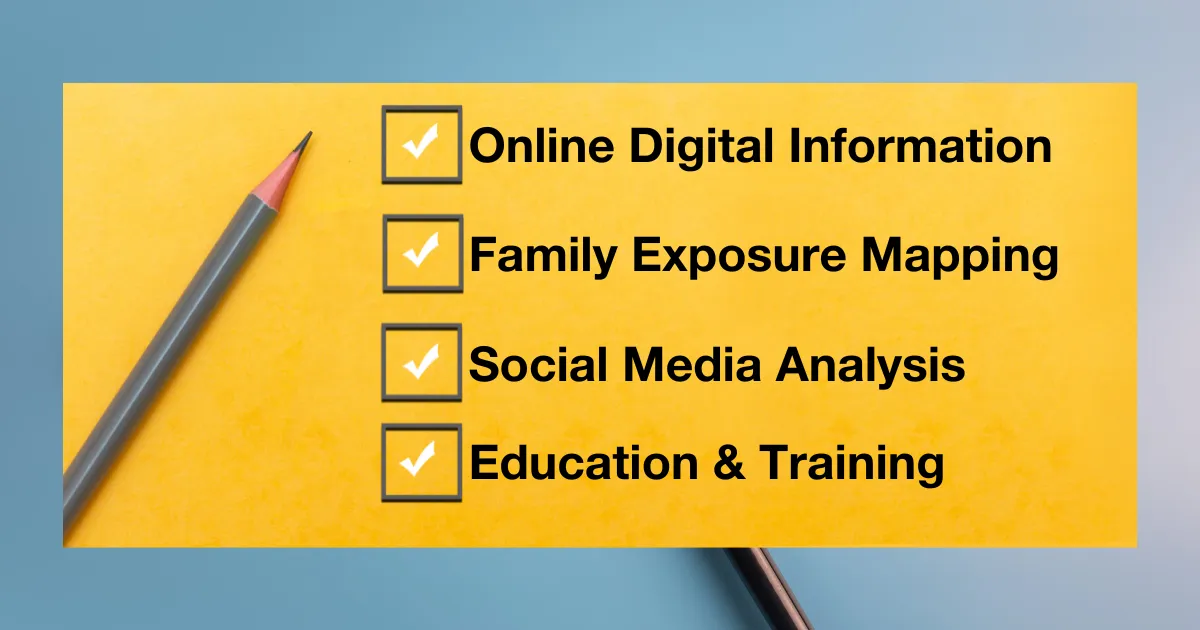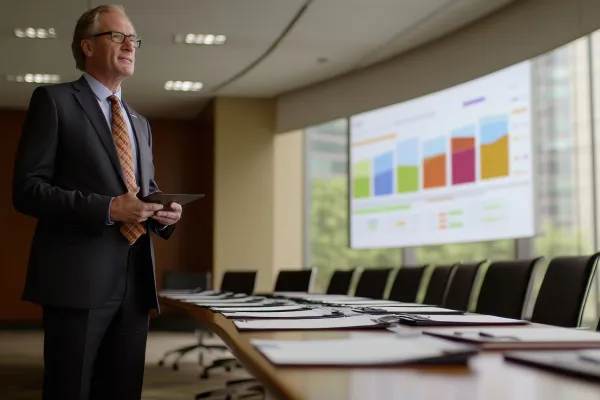Looking Back: Hetherington Group’s Focus on Training and Digital Executive Protection
2025 was a year of growth for OSINT training and expanded digital executive protection. Cynthia Hetherington provides a look back at how the market evolved over the last 12 months.




